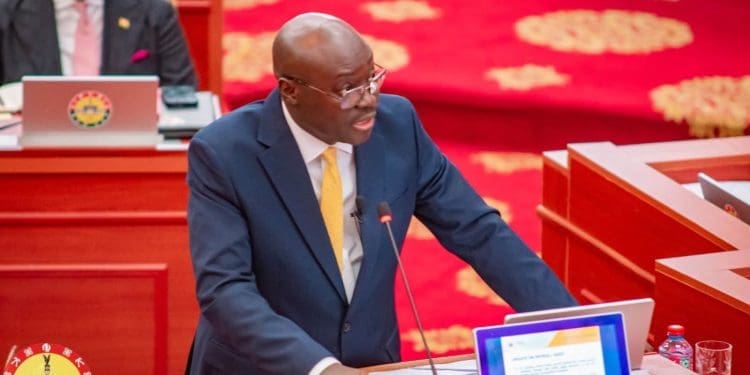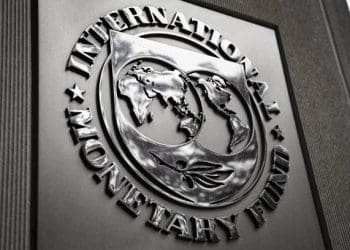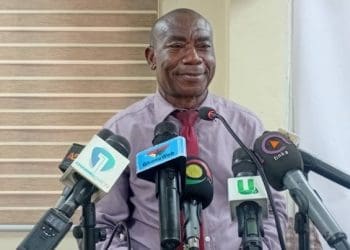In a major policy shift aimed at strengthening the local currency and restoring macroeconomic stability, Minister for Finance, Dr Cassiel Ato Forson, has announced that all government contracts will be awarded solely in Ghana cedis, not in foreign currencies such as the US dollar or euro.
Dr Forson explained that the practice of awarding contracts and pricing goods and services in foreign currencies presents a significant risk to fiscal management, with adverse implications for the stability of the Ghana cedi.
Presenting the mid-year budget statement to Parliament on Thursday, July 24, 2025, Ato Forson expressed concern over the increasing use of foreign currencies in business transactions across the country.
Unfortunately, foreign currencies are becoming the means of transacting business in Ghana. This trend, if not checked, will erode confidence in our currency, fuel inflation, and diminish the value of our sovereign symbol.
Dr Forson announced that President John Dramani Mahama has issued a directive for the immediate cessation of all government contracts in foreign currency. He added:
“To curb this unfortunate development, President John Dramani Mahama has directed that, beginning today, 24 July 2025, no contract awarded by government, regardless of the funding source, should be denominated in foreign currency,” he said.
He also emphasised that “Companies, institutions and individuals are prohibited from pricing, advertising, receiving or making payment for goods and services in foreign currencies in Ghana without prior written approval from the Bank of Ghana.
“In addition, Dr Forson noted that wage pressures continue to pose a challenge to the 2025 fiscal framework, attributing the strain to last-minute recruitments carried out by the previous administration. He revealed that wages and salaries had exceeded targets by GH¢1.3 billion in the first half of the year.”
Newscenta explains why the government insists that all contracts awarded must be in the Ghana Cedi.
Here are several key reasons:
1. Stabilising the currency
When government contracts are awarded in foreign currencies, contractors often convert those funds into cedis, increasing demand for forex and weakening the local currency. Paying in cedis would reduce pressure on Ghana’s reserves and help stabilise the exchange rate.
2. Promoting economic sovereignty
Relying on foreign currency for domestic contracts limits Ghana’s control over its economy. Using the cedi affirms trust in the national currency and reinforces monetary independence.
3. Improving budget predictability
Foreign-denominated contracts are vulnerable to currency fluctuations, which can inflate government costs. Cedi-based contracts make public spending more predictable and manageable.
4. Encouraging local procurement
Paying in cedis incentivises contractors to source more materials and labour locally, which supports Ghanaian industries and reduces reliance on imports.












